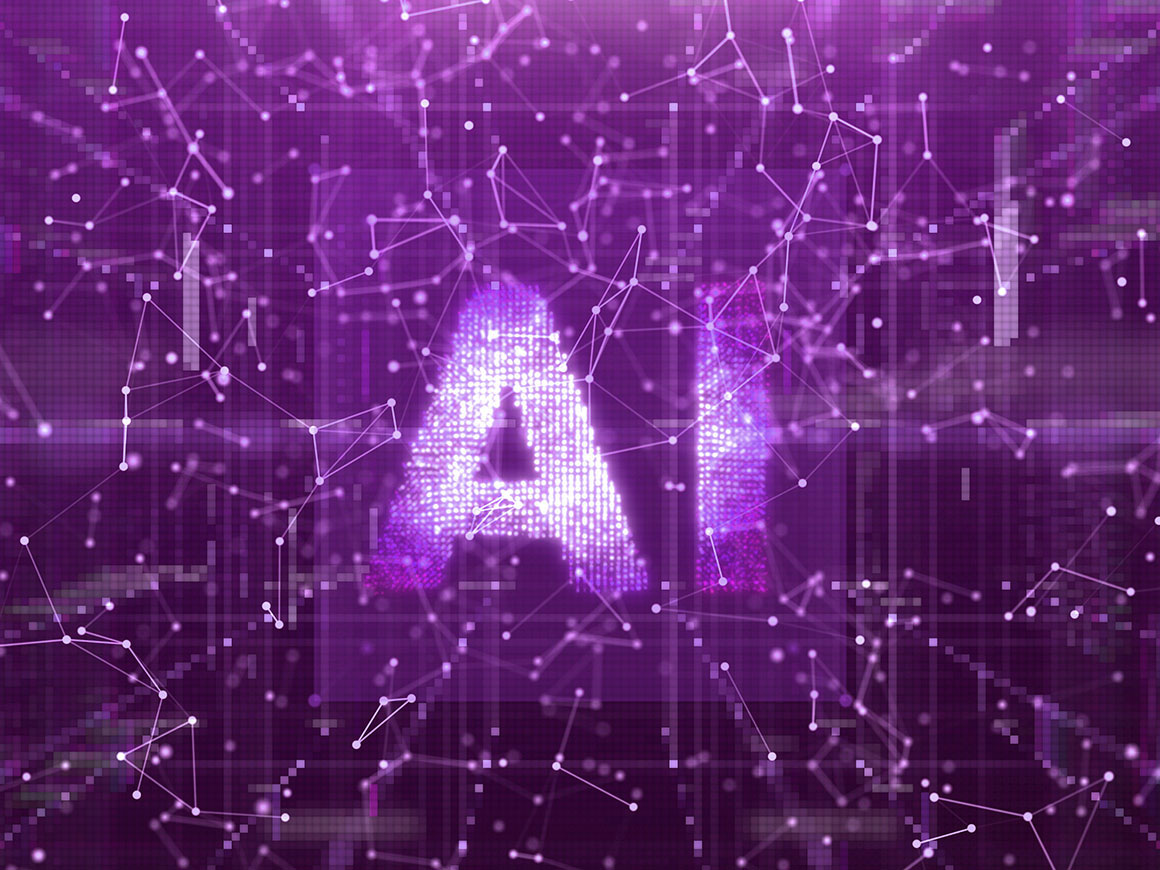Each year the Chief Information Systems Officers Association of the California Community Colleges (CISOA) brings together IT leaders to learn, collaborate, and work towards the future of higher education. We were honored to sponsor and attend the event, offering our expertise to the conversations around what's next in higher education.
The 2023 Advanced Seminar focused on a theme that's been top of mind for many in the tech community, "The Promise and Danger of Artificial Intelligence". Attendees left equipped with insights and tools to better serve their students and staff by taking advantage of the opportunities AI offers higher ed. As we look back on the thought-provoking discussion and innovative use cases, we want to continue the conversation around modernization in higher education with five of the key takeaways our team identified at the event. In a landscape where AI is reshaping how we learn and lead, these takeaways capture a segment of the dynamic discussions and insights shared by industry leaders during the seminar.
Artificial Intelligence is here to stay
It would be near to impossible to put this proverbial genie back in its lamp. Dr. Bernard Luskin, Director of UCLA's School of Education & Information Studies, and the UCLA Luskin Community College Leadership Initiative, gave an insightful opening day remark on the Neuro-Media Psychology of Artificial Intelligence. AI isn't the first technology that has disrupted education as the human psyche once knew it. Dr. Luskin gave examples ranging from the internet to iPhones as disrupters that transformed how we look at education. During those previous pivotal moments, many in education worried if students were missing out on learning fundamental researching skills and debated whether the use of these new technologies violated ethics codes.
Dr. Luskin recalled how history repeats itself as this same discussion and debate occurred over 50 years ago when the first pocket electronic calculator was made. Just as before, humans adapted. We start off by seeing the glass half empty and realize that it is half full instead. AI is yet another technological innovation that if guardrails are clearly defined, can enhance the student and staff experience in across the industry.
Building a student culture where AI is used for good will require academic guidance
A faculty panel comprised of Alex Giardino from De Anza College, Chih Lew from Orange Coast College, Michael Murphy from Foothill College as well as Shane Ramey and Ruth Rassool from College of the Canyons gave CIOs an opportunity to discuss AI in academic programs from the view of functional leaders representing a multitude of disciplines including English, Biology and Computer Science. These academic leaders discussed a key revelation: once educators embrace AI technology instead of ruminating on the potential ways it changes the status quo, it can be leveraged for more good than harm.
Just like emergent technologies before, if we guide students and provide logical policy, we can focus on students using these increased capabilities properly to enhance their academic and professional experiences. Educators need to focus on the "why" to support the integration of AI into education. Cathy Shaw from Tyton Partners also touched on this key point during her presentation on bridging faculty and student perspectives on digital learning. As leaders in higher education, we are charged with shaping the way both students and educators leverage AI to improve educational outcomes and reduce administrative burdens.
Understanding AI integration is essential to prepare students for high stake decisions they will make in the future
Dr. C Anthony Pfaff, United States Army War College, gave a thought-provoking presentation on trusting AI and its integration into professional expert knowledge. Several entirely new career opportunities have been created that didn't exist merely a decade ago. Who would have thought that social media would have grown as exponentially as it did, to the point that now organizations have entire departments dedicated to its management and growth. AI is no different, and in some cases—especially professions within the government and military—the stakes are higher.
Today's students need the proper guidance and education on AI, to prepare them to be the leaders of tomorrow. AI needs to be thoughtfully integrated into the student experience to better prepare them for the changing world they will be leading down the road.
Developing a district policy on AI in higher education requires a thoughtful approach
Gary Moser, CIO for Kern Community College District, and Joseph Moreau, Executive Director for CISOA's certification program, lead a thoughtful discussion on policy development in the era of artificial intelligence. They focused in on questions tech leaders across the industry should be asking: How is this disruption different? How do policies typically originate? What is already in the works throughout the California Community College (CCC) system? Disruptive technologies like AI lead to rapid change, making now the time to be ahead of the curb instead of being reactive.
California community colleges are striving to make sure they are well prepared for change. All 73 districts have access to the Community College League of California (CCLC) services for policy support to interpret and implement district policies to meet state requirements. Leaders from across the state discussed how their institutions were being impacted by various AI related technology including facial recognition, automated decision-making, and their impact on privacy, equity and student access to education. Overall, the dialogue was a clear call to action for institutions to prepare to adapt while technology is evolving. There was a strong emphasis on the importance of technology and policy infrastructures that adjust as needed to ensuring the improvement and protection of the student experience with the use of generative AI. This ties into the Vision 2030 roadmap of the CCC led by their new Chancellor, Dr. Sonya Christain. Dr. Christian has described part of the Vision 2030 framework is system development to remove barriers. Referencing how policy reform cannot be realized if you do not have the systems in place to implement them at scale and how this cannot be done without a common ERP.
Artificial Intelligence is nothing new for Ellucian
Ellucian IQ was launched in January 2020, so the company has been incorporating AI into its platform since 2019 according to Robert Levy, VP of Software Engineering part of R&D at Ellucian. Ellucian has provided the higher ed industry with solutions leveraging AI functionality for over 3 years. This includes surveying over 1,000 customers to understand what improvements would enhance their experience and those of the students they served. Pioneering this functionality within higher ed tools also required us to establish AI governance before others in the industry were harnessing this technology.
Now focused on clean data to help accelerate AI capabilities, Ellucian has already incorporated AI into products including Insights for data analytics and features such as large language models (LLMs) across product lines including CampusLogic solutions. This is all part of enhancing the student and faculty experience and reducing the administrative burden required to move the needle.
The CISOA Advanced Summit highlighted how the potential of artificial intelligence within education is both a beacon of promise and a call for thoughtful consideration. By leveraging open, interoperable, and connected systems such as SaaS solutions, institutions can embrace a digital transformation that reimagines the student experience and empowers faculty and staff to do more with less.




